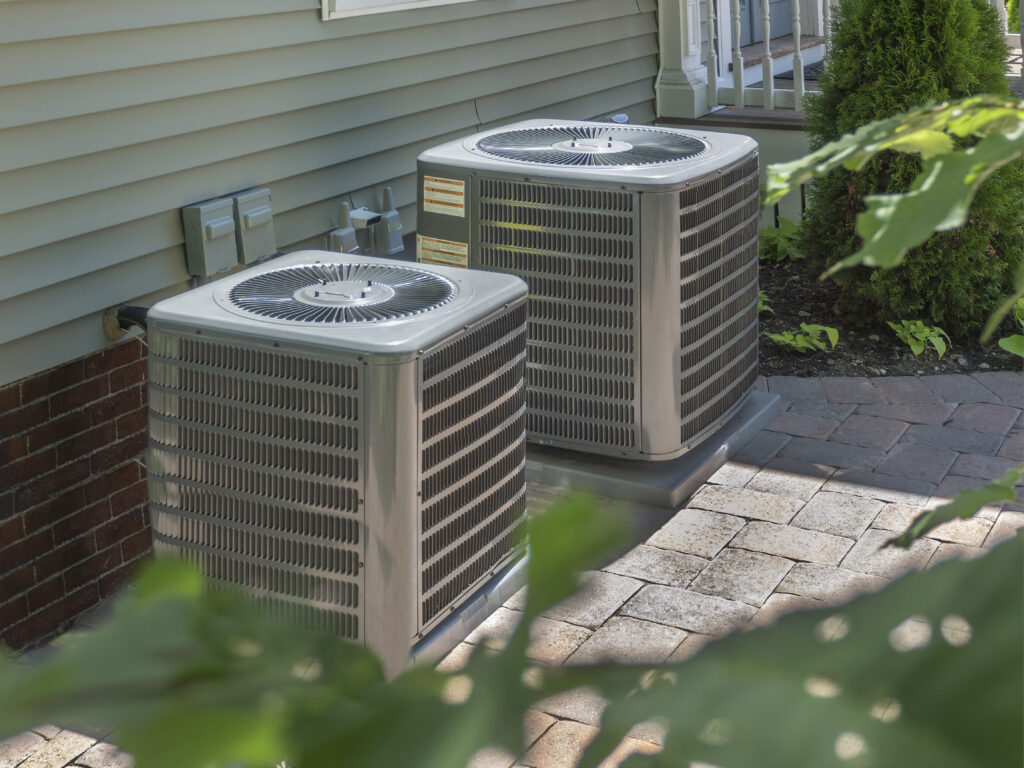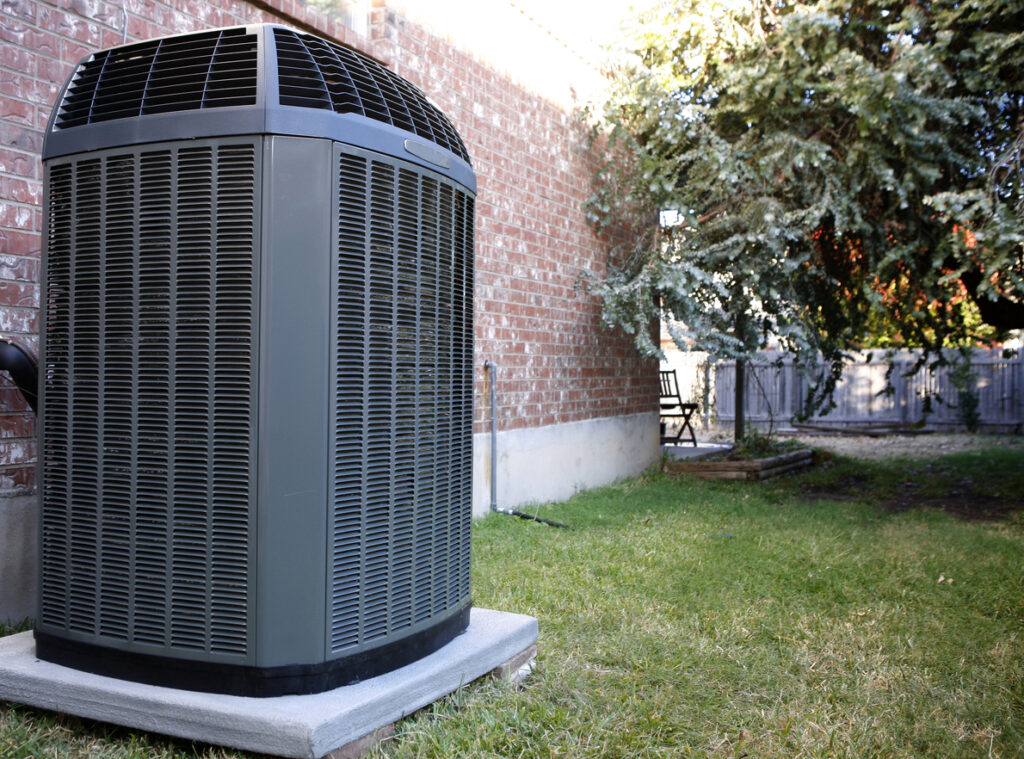
Benjamin Franklin’s quote “an ounce of prevention is worth a pound of cure” most certainly was not talking about clogged sewers, however, it certainly applies. Recognizing the signs that your sewers are clogged can reduce the risk of unwanted repairs, water damage and an icky mess.
The things to look for when you suspect a clogged sewer line include water backing up in your tub or shower when you flush the toilet, your toilet or sink water bubbling, or your toilet overflowing when water is draining out of the washing machine. If any of these occur, limit the use of your plumbing and call an expert immediately.
Now that you know what to look for, here are a few causes of a clogged sewer:
Obstructions
Objects may accidentally get flushed down the toilet, and along with toilet paper and other paper products, these items may get hung up on tree roots poking through the sewer pipe. Over time, more paper products can get caught at the same spot resulting in a major pipe clog.
Roots from shrubs and trees
In the past, sewer pipes were constructed out of porous materials or clay which typically does not hold up as well as PVC piping. As trees and shrubs grow, they search out a water source. If the roots find your sewer pipe, they will grow into the pipe causing backflow.
Cracked Pipes
If sewer pipes are ruptured or cracked, sewage will not be able to flow well through the pipe, leading to backups in your home. There could be several reasons for a ruptured pipe including age, type of material used in construction, increased sewer line use, or even ground movement.
Below are some helpful hints to minimize a clogged sewer pipe:
Keep the toilet seat closed and items away from the toilet to prevent accidental flushing of objects.
Do not pour grease, oil, or fat down the sink. Instead, pour in a can, let solidify, and then throw it away in the trash.
Do not flush paper products, cotton balls, paper towels, wet wipes, tampons, diapers, condoms, cleaning wipes, hair, facial tissue, food, paint, unused medicines or pets (goldfish), etc. Even if the item says it is flushable, we suggest disposing of them in a trashcan instead of in the toilet.
If you suspect your sewer pipes are clogged, Maeser suggests calling a professional to inspect them as soon as possible to avoid further damage and limit costly repairs. Our goal is to keep your pipes flowing freely and to improve the overall efficiency of your home’s sewage system. Call us today if you suspect a problem, and we will use a sewer line video camera to pinpoint the cause of your blockage.




